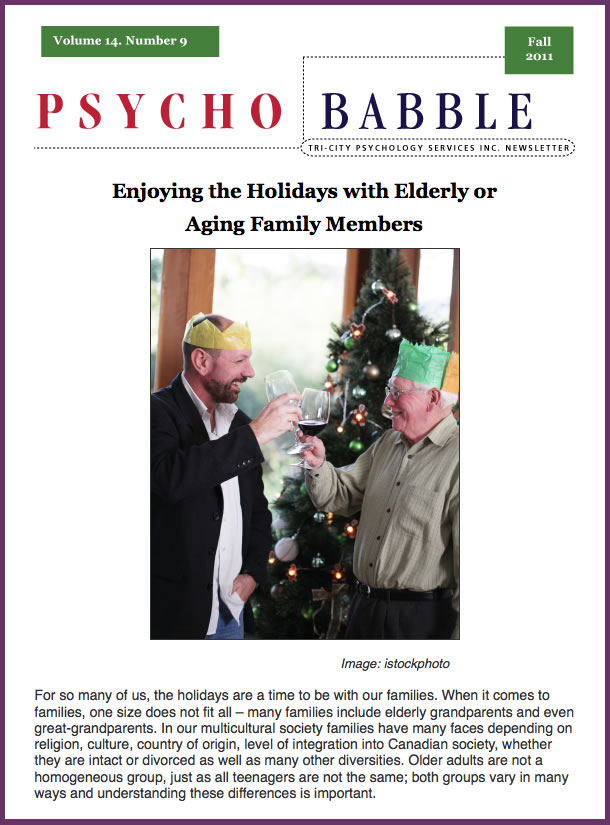Published: December 12, 2011

istockphoto
oliday shoppers, take note. Marketing and psychology researchers have found that in gift giving, bundling together an expensive “big” gift and a smaller “stocking stuffer” reduces the perceived value of the overall package for the recipient.
Suppose you’re trying to impress a loved one with a generous gift this holiday season, says Kimberlee Weaver, assistant professor of marketing in the Pamplin College of Business. One option is to buy them a luxury cashmere sweater. A second option is to add in a $10 gift card.
If their budget allows, most gift givers would choose the second option, as it comprises two gifts — one big, one small, Weaver says. Ironically, however, the gift recipient is likely to perceive the cashmere sweater alone as more generous than the combination of the same sweater and gift card. “The gift giver or presenter does not anticipate this difference in perspectives and has just cheapened the gift package by spending an extra $10 on it.”
Weaver is part of a research team that recently discovered, through a series of studies, what the team has called the “Presenter’s Paradox.” The paradox arises because gift givers and gift recipients have different perspectives, Weaver says. Gift givers follow a “more-is-better” logic; recipients evaluate the overall package. [continue reading…]
Published: December 12, 2011
Study Participants at Risk for Alzheimer’s Want to Know Their Potential Fate
 If you had a family history of developing Alzheimer’s disease, would you take a genetic test that would give you more information about your chances?
If you had a family history of developing Alzheimer’s disease, would you take a genetic test that would give you more information about your chances?
“Definitely,” said Gloria VanAlstine, 60, and Joyce Smith, 79. The two women took a controversial genetic test of a gene called Apolipoprotein E. APOE is a susceptibility gene where certain variants have been found to significantly increase a person’s risk of developing Alzheimer’s disease. Both women have a family history of Alzheimer’s, which increases risk.
The genetic test was conducted as part of the Risk Evaluation and Education for Alzheimer’s disease Study (REVEAL), a series of clinical trials taking place at U-M School of Public Health, with other sites including Harvard University, Howard University, and the University of Pennsylvania. [continue reading…]
Published: December 12, 2011

Image: Norma Desmond
ates of autism have exploded over the last 20 years. In exploring the phenomenon and its repercussions, Los Angeles Times staff writer Alan Zarembo interviewed dozens of clinicians, researchers, parents and educators and reviewed scores of scientific studies. Zarembo, along with Doug Smith and Sandra Poindexter of the Times data team, also analyzed autism rates and public spending on autism in California.
Part 1 of Alan Zarembo’s four-part series — Discovering Autism in the LA Times.
Autism can be difficult to understand and diagnose. People affected by the disorder talk about their day-to-day lives. http://www.latimes.com/news/local/autism/la-me-autism-vignettes-20111123-html,0,3099909.htmlstory
Source: LA Times
Published: December 8, 2011

Read in full: Enjoying the Holidays with Elderly Or Aging Family Members –http://eepurl.com/hGTtU

 If you had a family history of developing Alzheimer’s disease, would you take a genetic test that would give you more information about your chances?
If you had a family history of developing Alzheimer’s disease, would you take a genetic test that would give you more information about your chances?

